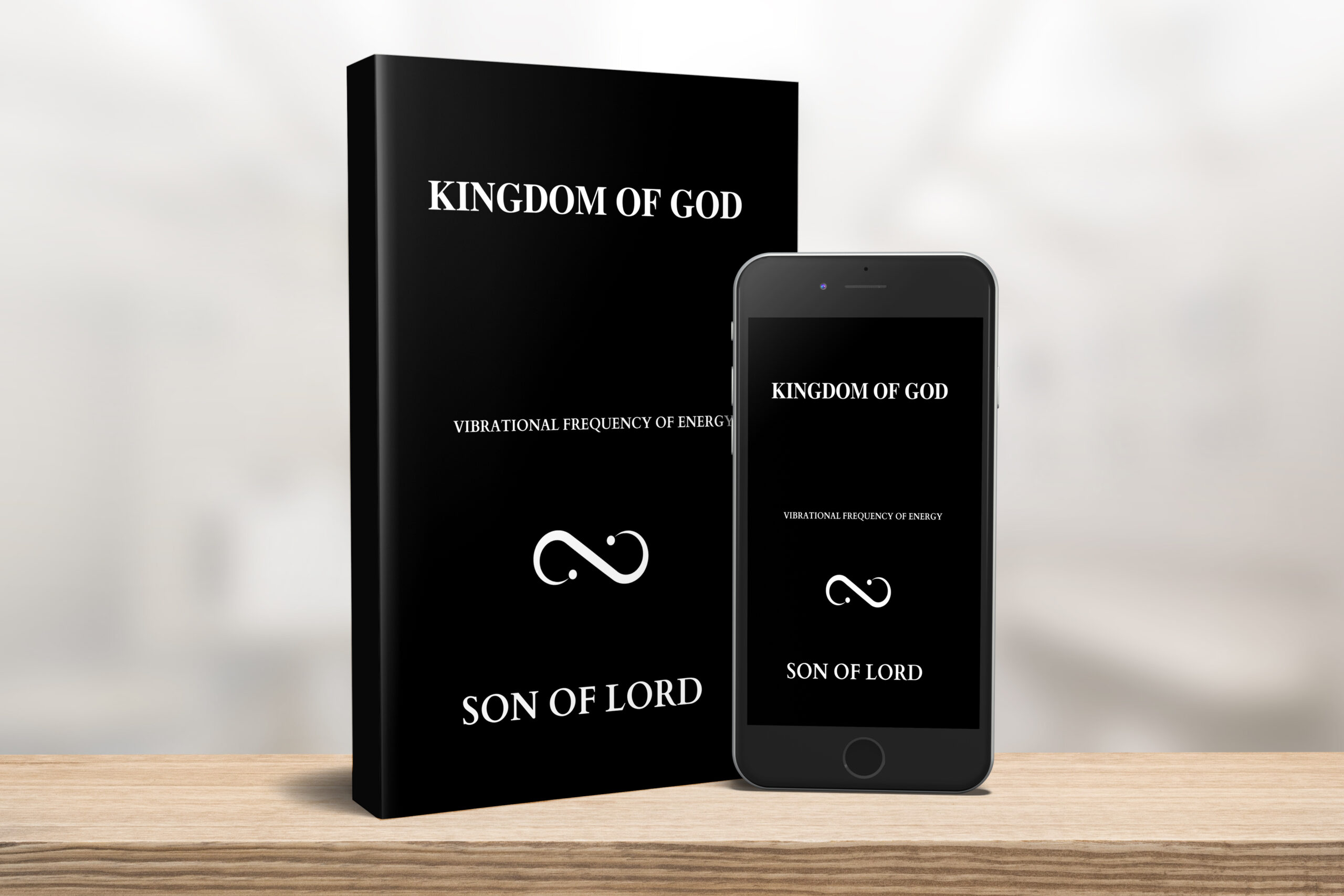The Concept of the Kingdom in the Bible: An In-Depth Exploration
The term “kingdom” holds significant weight throughout the biblical narrative, resonating with themes of governance, authority, and divine reign. Found in both the Old and New Testaments, the concept of the kingdom serves as a pivotal motif that frames the overarching storyline of Scripture. Understanding the biblical kingdom involves delving into its various dimensions, including the Kingdom of God, the earthly kingdoms represented in the Scriptures, and the theological implications of these kingdoms in the life of believers today.

Historical Context and Old Testament Foundations
The Kingdom in the Old Testament
In the Old Testament, the concept of kingship emerges primarily through the establishment of Israel as a nation under God. Initially, Israel was a theocracy, governed directly by divine commandments. However, the demand for an earthly king became pronounced, particularly in 1 Samuel 8, where the Israelites requested a monarch “like all the nations.” This marked a pivotal moment in the narrative, leading to the anointing of Saul as Israel’s first king and the subsequent establishment of a monarchy.
The reigns of David and Solomon are particularly significant in this historical context. David, described as “a man after God’s own heart” (1 Samuel 13:14), unified the tribes of Israel and established Jerusalem as the political and spiritual center of the nation. His covenant with God, articulated in 2 Samuel 7, promised that his lineage would endure forever, establishing the Davidic line as pivotal for future expectations of messianic kingship.
Solomon’s reign, marked by wisdom and wealth, further solidified the idea of a kingdom that was both prosperous and divinely ordained. However, the later divisions of the kingdom post-Solomon, coupled with the ensuing apostasy and idolatry, foreshadowed the ultimate need for redemption and restoration that would be vital to the prophetic literature.
Prophetic Expectations
The Old Testament prophets played a crucial role in shaping the understanding of the kingdom. Prophets like Isaiah, Jeremiah, and Ezekiel spoke of a future king, often referred to as the Messiah, who would restore Israel. Isaiah 9:6-7 prophesies the birth of a child who will be called Wonderful Counselor, Mighty God, Everlasting Father, Prince of Peace, indicating a sovereign reign that would transcend the failures of earthly kings. These prophetic visions not only assured the Israelites of God’s faithfulness but also offered a glimpse into a spiritual kingdom that would eventually be established.
The Kingdom of God in the New Testament
The Arrival of the Kingdom
With the advent of Jesus Christ, the New Testament introduces a transformative understanding of the kingdom. Jesus’ ministry was characterized by the proclamation of the “Kingdom of God,” a spiritual domain marked by God’s sovereign rule and the realization of His will on earth. The Gospels provide numerous accounts of Jesus teaching about the kingdom through parables—stories designed to illustrate profound truths. For example, in Matthew 13, Jesus compares the kingdom to a mustard seed and leaven, emphasizing its organic growth and transformative power.
A key aspect of Jesus’ message was the immediacy of the kingdom’s presence. Thomas Cahill notes in “The Gift of the Jews” that Jesus’ declarations about the kingdom challenged existing perceptions and presented a new paradigm of divine authority and righteousness. In Mark 1:15, Jesus announces, “The time has come. The kingdom of God has come near. Repent and believe the good news!” This declaration marks a pivotal turning point, indicating that the kingdom was not merely a future hope but a present reality inaugurated by Christ.

The Kingdom and the Church
The kingdom of God also has a profound ecclesiological dimension. Following His resurrection and the formation of the Church at Pentecost, believers are called to embody the values of the kingdom in their communal relationships. The Sermon on the Mount, found in Matthew 5-7, articulates the ethics of the kingdom, presenting a radical lifestyle that upholds love, mercy, and humility—virtues that stand in stark contrast to worldly systems of power and authority.
The Apostle Paul further develops the theology of the kingdom by articulating the role of the Church as the body of Christ, tasked with advancing God’s kingdom on earth. In Colossians 1:13, Paul states, “For he has rescued us from the dominion of darkness and brought us into the kingdom of the Son he loves.” This emphasizes the Church’s function as a community grounded in the realities of the kingdom, living out the implications of salvation and reconciliation.
Eschatological Implications
The New Testament also presents an eschatological dimension of the kingdom. The Book of Revelation culminates in a powerful depiction of God’s ultimate victory over evil, illustrated through the imagery of a new heaven and new earth. Revelation 21:1-4 proclaims, “He will wipe every tear from their eyes. There will be no more death or mourning or crying or pain, for the old order of things has passed away.” The consummation of the kingdom will culminate in the complete restoration of God’s creation, reuniting the divine with humanity in a renewed relationship free from sin and suffering.
The Implications of the Kingdom for Today
Understanding the kingdom in the biblical context has profound implications for contemporary believers. It challenges individuals and communities to live with a sense of purpose and mission, embodying the values of the kingdom in a world often marked by discord and division. The teachings of Jesus inspire followers to seek justice, demonstrate compassion, and extend grace, reflecting the character of the King.
Furthermore, the recognition that believers are part of the ongoing unfolding of the kingdom encourages active participation in societal transformation. The call to be “salt and light” (Matthew 5:13-16) is a reminder that followers of Christ are to influence the world positively, promoting righteousness and advocating for those marginalized by society.
Conclusion
The concept of the kingdom in the Bible is multifaceted, encompassing historical, theological, and eschatological dimensions. From the earthly kingdoms of Israel to the kingdom of God inaugurated by Christ, the biblical narrative expresses a rich understanding of divine governance and authority. As believers embrace their identity within the kingdom, they are reminded of their role as agents of transformation, called to live out the implications of God’s reign in all aspects of life. The kingdom is not merely a future hope but a present reality, inviting all to partake in the abundant life that comes from being under the gracious rule of God. By continually exploring the depths of this concept, the Church stands to actively engage with the world, proclaiming the good news of the kingdom in a transformative way.
Shop Now






